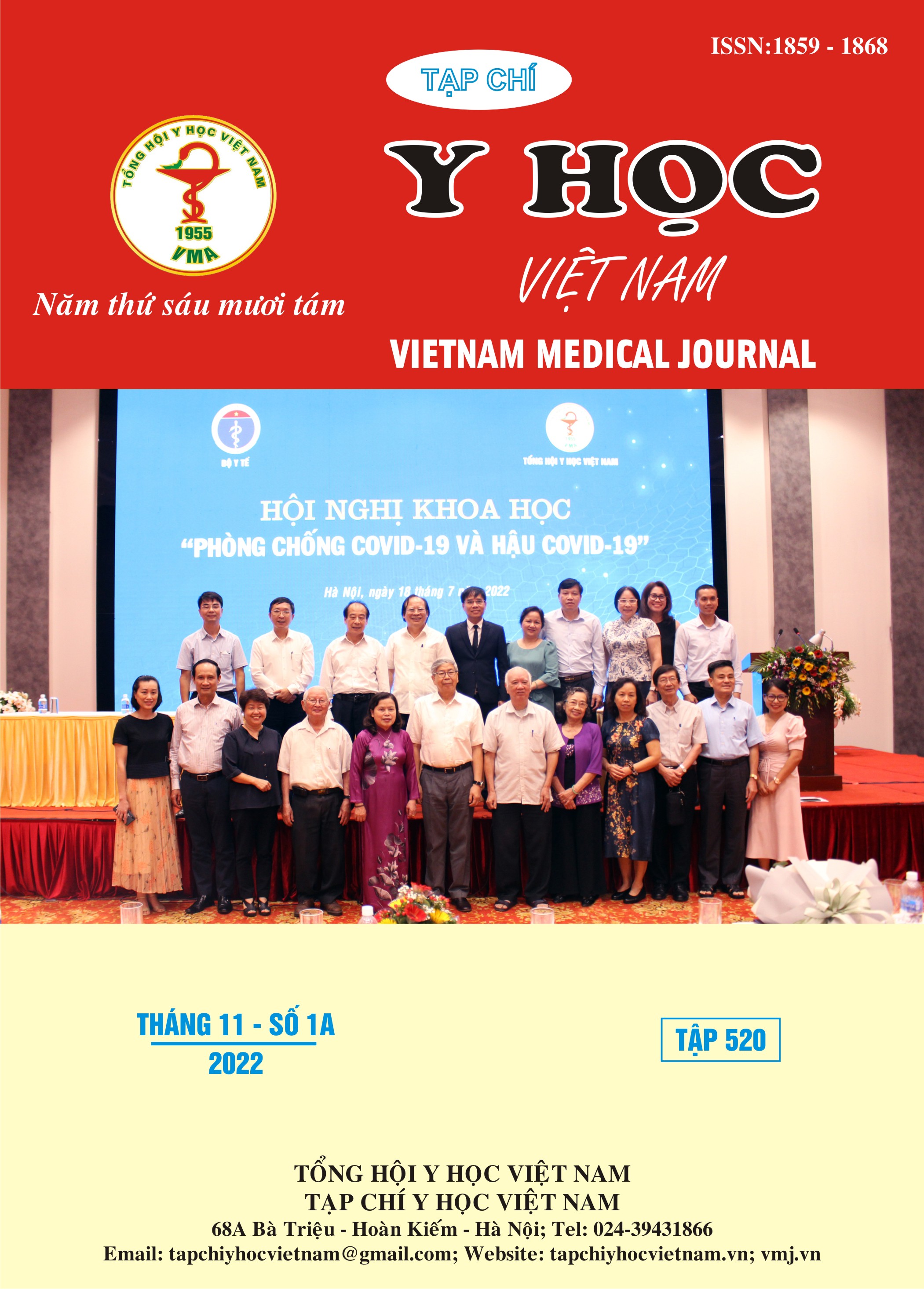FACTORS ASSOCIATED WITH NURSES’ COMPETENCIES AT HOSPITALS IN THE NORTH VIETNAM IN RESPONSE TO COVID 19 PANDEMIC IN 2021
Main Article Content
Abstract
Objective: to identify factors associated with knowledge, attitude and practice of nurses at hospitals in the Northern region of Vietnam in response to the COVID-19 pandemic. Methodology: a cross-sectional descriptive study was conducted on 1347 nurses at 10 hospitals at different levels in nothern region ò Vietnam in 2021. The survey used convenient sampling method and self-administered questionnaires to collect data. Results: The study found a statistically significant relationship between hospital level, gender, age, education level; seniority, training methods; having participated in epidemic prevention with nursing knowledge with ORs of: 1.9; 1.9; 1.7 – 1.6; 1.8 – 1.6; 1.5; 2.1 – 1.8; 1.4. Working years; being trained on epidemics; knowledge attainment is related to attitude with OR respectively: 1.7; 2.2; 1.4. Hospital level, age, education level, seniority, training, training methods, taking care of patients with Covid-19 disease, relatives with Covid-19 disease, living places with Covid-19 patients, participating in anti-epidemic, knowledge gained is related to practice with OR of: 2.7; 1.5 – 1.4; 1.5; 1.6 – 1.6 – 1.5; 1.7; 1.7 – 2.1; 1.4; 2.9; 1.7; 1.5; 7.2. Conclusion: Trained nurses have more positive attitudes; being trained a lot not only in the form of face-to-face training combined with online training, training many times helps nurses better knowledge. Good nursing knowledge leads to more positive attitudes and far better practices.
Article Details
Keywords
Nursing staff, influencing factors, COVID-19, Knowledge, attitude and practice
References
2. Giao Huynh et al (2020), "Knowledge and attitude toward COVID-19 among healthcare workers at District 2 Hospital, Ho Chi Minh City", Asian Pacific Journal of Tropical Medicine, 13(6), pg. 260-265.
3. Stanley K K Lam et al (2018), "Nurses' preparedness for infectious disease outbreaks: A literature review and narrative synthesis of qualitative evidence", J Clin Nurs. 27(7-8), pg. e1244-e1255.
4. McEachan R et al (2016), "Meta-Analysis of the Reasoned Action Approach (RAA) to Understanding Health Behaviors", Ann Behav Med, 50(4), pg. 592-612.
5. Wen X et al (2020), "Study on the Knowledge, Attitude, and Practice (KAP) of Nursing Staff and Influencing Factors on COVID-19", Front Public Health, 8, pg. 560606.


